
The Anti-Counterfeiting Forum’s 10th Annual Seminar, which is to be held on Wednesday 20th March 2019 at BAE Systems Park Centre in Farnborough, Hampshire, promises to prove to be valuable to both those new to the threat who are looking for an introduction to the topic and more experienced professionals in counterfeit mitigation practices to bring them up to date in the latest developments as the presentations confirmed so far include a wealth of new and topical material.

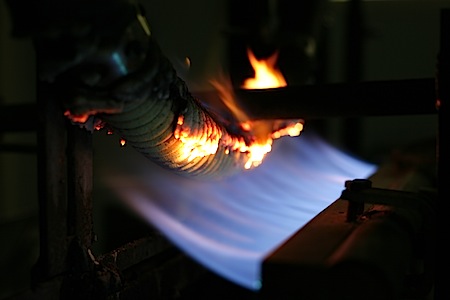
The Construction Product Regulation (CPR) for cables is coming. This will be a mandatory requirement for cable placed on the market in the EU where it is to be used in the construction market.
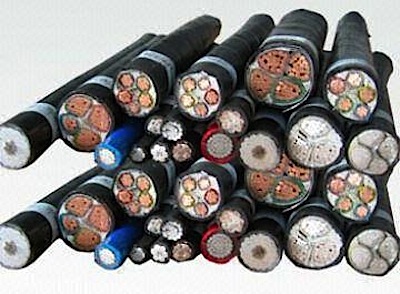
Electric cable is very clearly a very mature technology, especially at the domestic low voltage end of the spectrum, but this doesn’t mean that developments aren’t taking place. Technologically speaking, most of the spectacular developments are happening with high voltage cables, especially superconducting cables for HV power transmission of the type that Nexans is very much involved with.
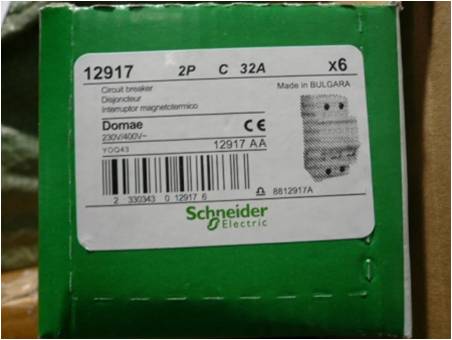
These days, there are many new channels to buy electrical products. In addition, there are many more brands selling similar electrical products. But are the new, cheap products really the ‘same’? Or does the old adage ‘you get what you pay for’ still hold true?
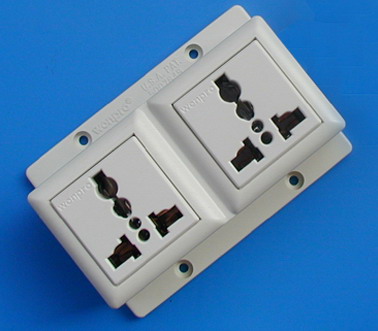
In September 2014, we reported on a dispute between the BBC and safety organisation 'Fatally Flawed' over Chinese made universal sockets. This concerned a BBC radio programme that Fatally Flawed believed ‘promoted’ dangerous and illegal products in the UK. Now, the BBC has finally removed the offending programme from its website.

The IET recently published an article in the Wiring Matters – Special Edition 55 that explains when installers should begin to use non combustible consumer units i.e. put simply the answer is, as soon as stocks are available.
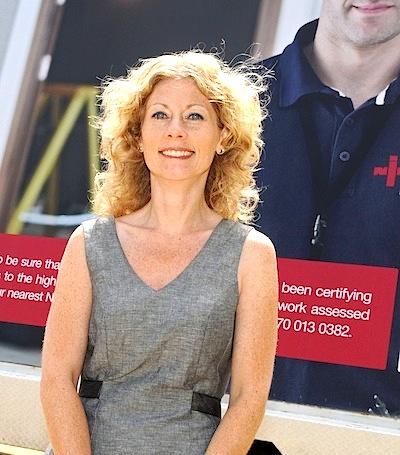
NICEIC and ELECSA have called for a rethink of Third Party Inspection as electrical contractors’ voice their opposition to the scheme.

Amendment 3 to BS7671 IET Wiring Regulations (published January 2015).
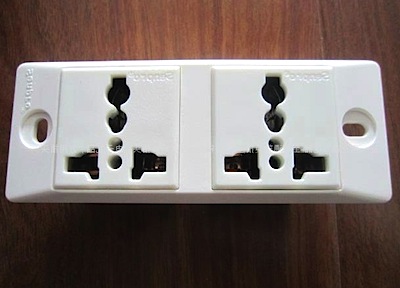
An article entitled ‘A universal plug socket... at last?’ by the BBC’s renowned journalist Peter Day and posted to the BBC’s online magazine on 1st June 2012, is at the centre of arguments over the safety of the product concerned. Voltimum UK, writes James Hunt, has no wish to criticise the excellent BBC, yet there is a question to be answered because of the potential risk to life and limb. This is why we’ve published the email exchange here. The complainant is David Peacock, FIET, founder of 'PlugSafe' and co-founder of 'FatallyFlawed'.
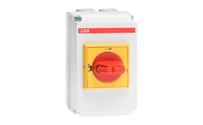
A fundamental principle of the compliance of a product is that all electrical products sold in UK must be electrically safe.

Many manufacturers and suppliers of LED lamps make great lamps that are safe to use. If they didn’t, they would not be in business for too long. While some manufacturers and suppliers have been prone to overstate performance, they too are being weeded out as the market becomes increasingly savvy about their inflated performance claims. However, there are tested and compliant lamps when used in particular applications will render the lighting installation to be unsafe.
2013-2026 © Doesitcomply UK. ALL Rights Reserved. Privacy Policy | Terms of Service